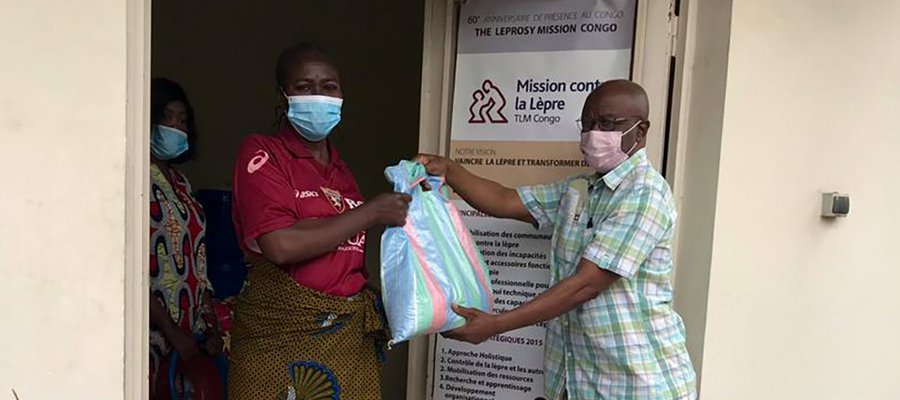We are able!

What?
Working towards Zero Discrimination, We are able! works to bring access to resources for food security where there has been a protracted crisis.
Why?
People living with disabilities are even more restricted than other groups in their community from accessing food in tough environments. On average, the percentage of women and men with disabilities without food security is almost double, compared to persons without disabilities. The Africa Disability Forum estimates that more than 20 percent of the population in the targeted countries live with a form of disability.
How?
The project works to overcome barriers that prevent people from accessing food if they live with a disability. The project works through Civil Society Organisations and Disabled Peoples' Organisations to empower people to find their own voice through advocacy programmes. It brings people together to challenge local decision-makers who have been leaving people with disabilities out of their thinking and programming.
Where?
Burundi, Democratic Republic of Congo, South Sudan, Sudan, Uganda and Ethiopia.
Partners
Africa Disability Forum, ZOA, Light for the World
Challenges
Structural
In all six countries, there is a policy at the national level to ensure women and men with disabilities are included in decision making which is not implemented at a local level.
Attitudinal
There is still a belief, reinforced by stigma and stereotyping, that women and men with disabilities are incapable of contributing to society. Women with disabilities face double discrimination and are often completely excluded from decision-making at all levels.
Transactional
People living with disabilities are largely excluded from parliaments and from local decision-making groups despite the 2030 Agenda for Sustainable Development beginning to open doors.
Successes
In DR Congo, farmers gained access to secure land and water, whilst in Burundi new local mediation committees have been established to advocate between farmers and land-owners.
In Sudan, lobbying at the state level has led to the establishment of a government-led council that enables discussion among local people on sustainable, conflict-free water provision. So far, communities are reporting that they feel more secure and able to collaborate together more effectively.